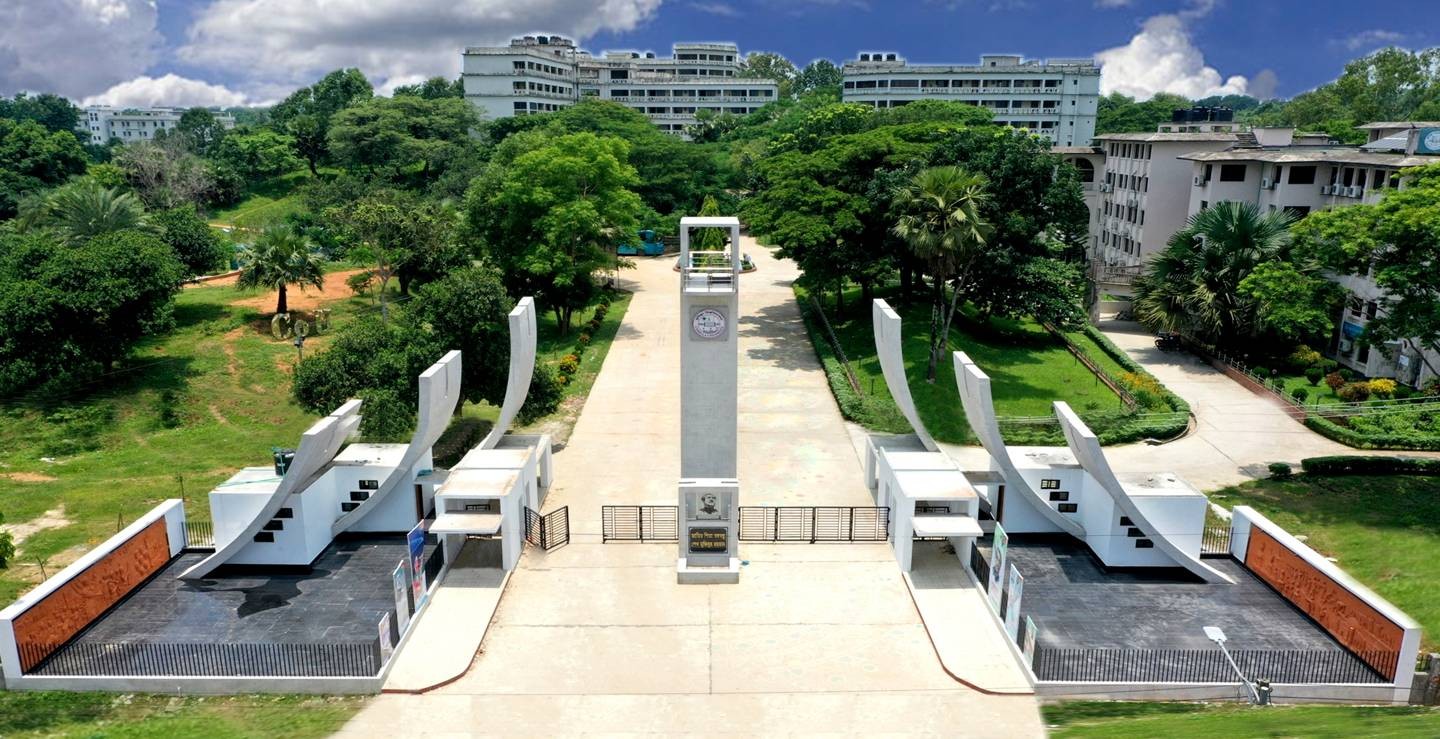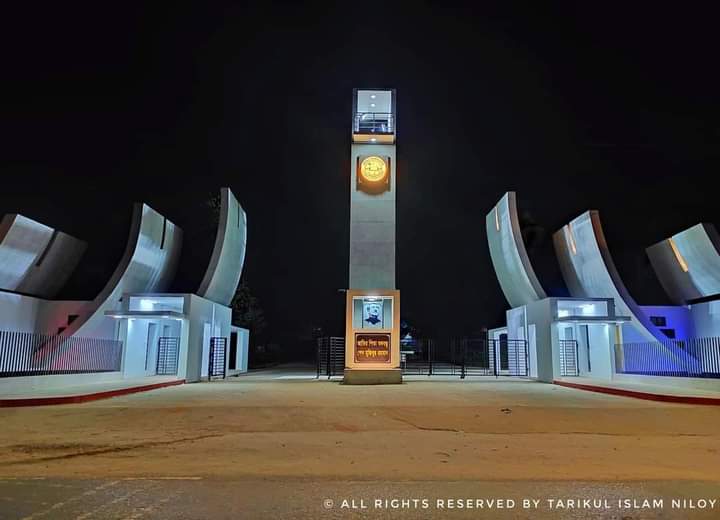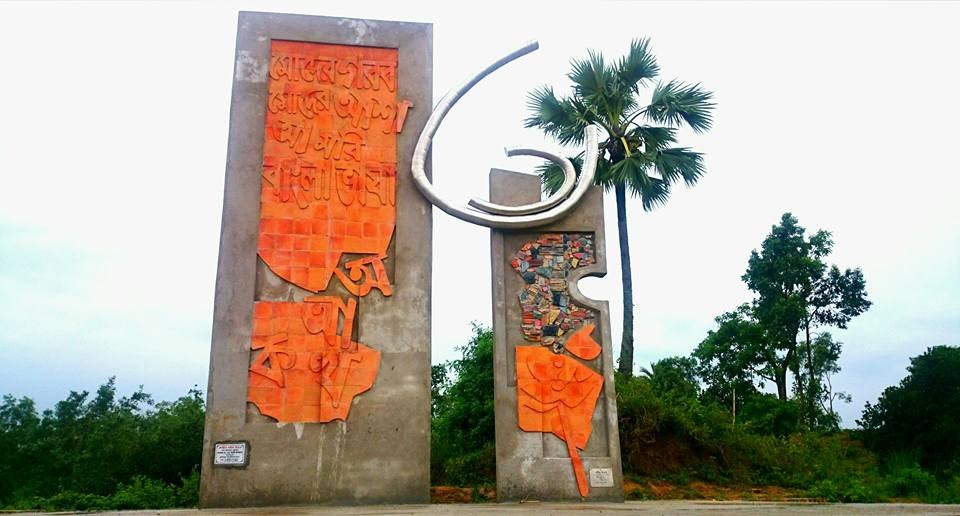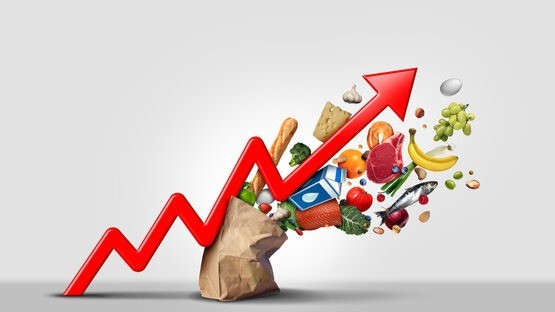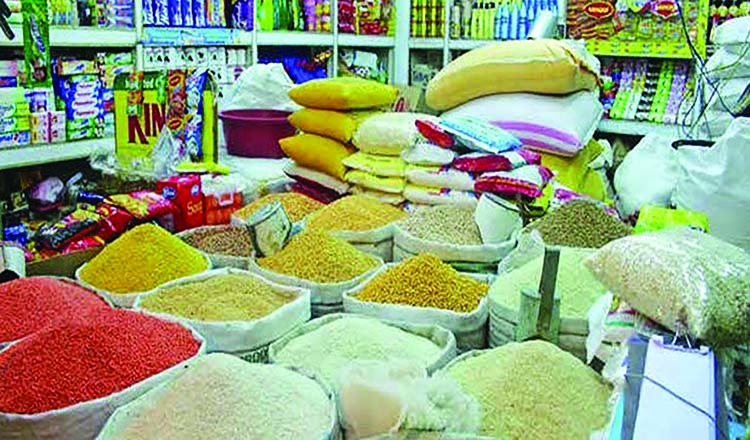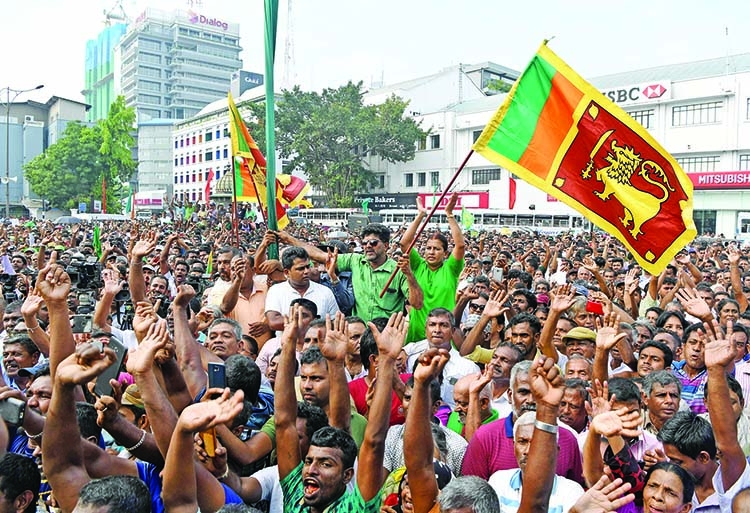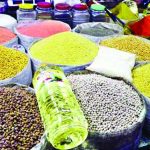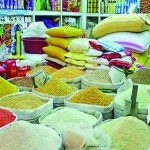By Rashidul Islam
Bangladesh currently faces a significant economic challenge, as rising inflation continues to squeeze the purchasing power of its citizens, disrupt businesses and put additional pressure on public finances. The global economy, along with domestic factors, has triggered price hikes across essential goods and services, pushing inflation rates to levels that are increasingly difficult for the average Bangladeshi to cope with. This raises a critical question: Is Bangladesh adequately prepared to navigate the economic strains caused by rising inflation, or will it struggle to cope with the fallout in the coming months?
Inflation is a complex phenomenon that arises from multiple factors. In Bangladesh, current inflationary pressures are not only the result of domestic economic factors, but also a reflection of broader global trends. The rise in global commodity prices, especially energy and food, has affected almost every sector of the country. Bangladesh’s dependence on imports, combined with currency devaluation, has exacerbated the problem, making imports more expensive and raising domestic prices. In addition, challenges in the agricultural sector, supply chain disruptions and rising energy consumption have exacerbated the cost of living, causing inflation to continue to rise.
The impact of rising inflation is felt most acutely by consumers, especially those in lower income brackets. The prices of essential commodities, including food, energy and healthcare, have increased sharply, reducing the purchasing power of households across the country. Average Bangladeshis are now paying more for basic necessities, and many are forced to cut back on non-essential spending, further straining the economy. In particular, rural populations—who spend a significant portion of their incomes on food and fuel—are feeling the burden of inflation more than urbanites, widening the economic divide. Businesses, too, are struggling to cope with the high cost of production. Small and Medium Enterprises (SMEs), which form the backbone of Bangladesh’s economy, are facing increased costs of raw materials, transportation and labor. This has led to higher production costs, which businesses are forced to either absorb or even pass on to consumers in the form of higher prices. The larger corporate sector, better equipped to absorb some of the pressure, also grappled with shrinking profit margins and supply chain disruptions. Ongoing inflationary pressures are expected to create a ripple effect across industries, leading to a slowdown in economic growth if not adequately addressed. Rising inflation is a unique challenge for governments. As prices rise, so do the costs of welfare programs and public subsidies. The government’s ability to balance fiscal discipline with social support will be critical in the coming months. Efforts to stabilize markets, such as controlling commodity prices and tightening monetary policy, are being implemented, but their effectiveness remains uncertain. There are concerns that these measures, while necessary in the short term, may have limited long-term benefits without deeper structural reforms in the economy.
Inflation in Bangladesh is not only an internal problem but also deeply linked to external economic pressures. The country’s reliance on imports, particularly energy and food, makes it vulnerable to global price shocks. The ongoing energy crisis, driven by rising global energy prices, has added additional pressure to the inflationary spiral. Furthermore, geopolitical instability and the ongoing impact of the Covid-19 pandemic have disrupted global supply chains, further increasing the cost of imports. Although Bangladesh has made significant progress in its economic development in recent years, it is exposed to these external shocks, which have the potential to destabilize its economy.
The socio-economic consequences of rising inflation cannot be underestimated. As prices rise, income inequality may increase, burdening the poorest sections of society. Those living on fixed incomes, such as pensioners and day laborers, are particularly vulnerable to inflation. These economic pressures have led to increased social unrest, with protests in various parts of the country over the rising cost of living. Migration patterns are also being affected, as more people, especially from rural areas, move to cities in search of better opportunities. This urban migration, while contributing to the growth of Bangladesh’s cities, puts additional pressure on urban infrastructure and services.
Is Bangladesh ready to handle the economic pressure caused by inflation? The short answer is: not entirely. While the country has made impressive economic progress in recent years – becoming one of Asia’s fastest growing economies – its readiness to deal with rising inflation remains a question mark. Bangladesh’s foreign reserves, relatively healthy compared to the past few decades, may not be sufficient to sustain a prolonged period of high inflation.
These efforts to control price inflation in key sectors such as food and energy have been less than effective. More importantly, the government’s focus on short-term fixes – such as subsidies and price controls – may not be sufficient to address the structural problems underlying Bangladesh’s inflation problem.
Looking ahead, there are several steps Bangladesh can take to mitigate the impact of rising inflation. Governments may take a more active approach to monetary policy, tightening interest rates and seeking to stabilize the currency. Additionally, fiscal policy may focus more on targeted assistance to the most vulnerable rather than blanket subsidies, which may be inefficient and unsustainable. Structural reforms are also needed, particularly to diversify the economy away from agriculture and textiles and invest in high-value industries such as technology and manufacturing. Reducing dependence on imports, improving domestic production capacity and strengthening supply chain resilience will be important to mitigate the impact of global price fluctuations. Finally, the government must invest in promoting public awareness and financial literacy to help citizens cope with inflation. Educating the public about budgeting, saving and making smart financial decisions can empower people to better manage their finances during tough economic times. Public confidence in government policies and economic institutions will be key to maintaining social stability as the country navigates the current economic crisis.
Bangladesh is facing a challenging period of rising inflation, with significant pressure on consumers, businesses and the government. While the country is not fully prepared for the long-term impact of these inflationary pressures, it is not without options. Through targeted policy interventions, economic diversification and structural reforms, Bangladesh can mitigate the worst effects of inflation and work towards a more stable and resilient economy. However, time is of the essence, and the country must act quickly to protect its most vulnerable populations and ensure sustainable economic growth for the future.
The Writer is a Member of Social Research Group (SRG) and an undergraduate Student of Public Administration, Comilla University. This is a work in progress.

